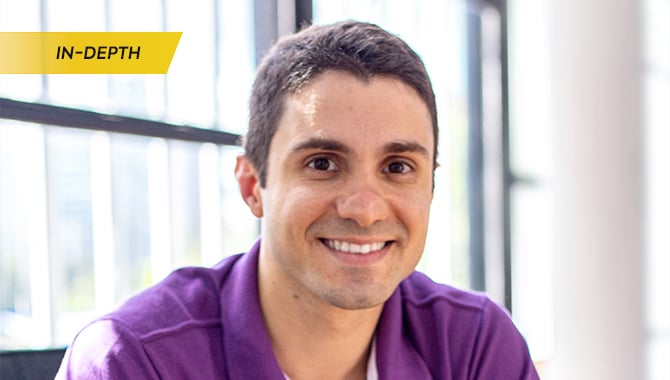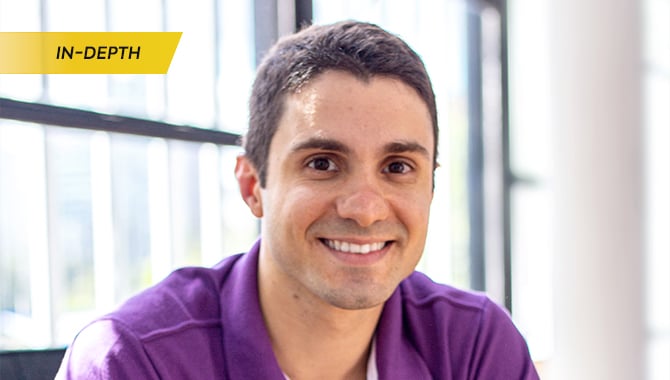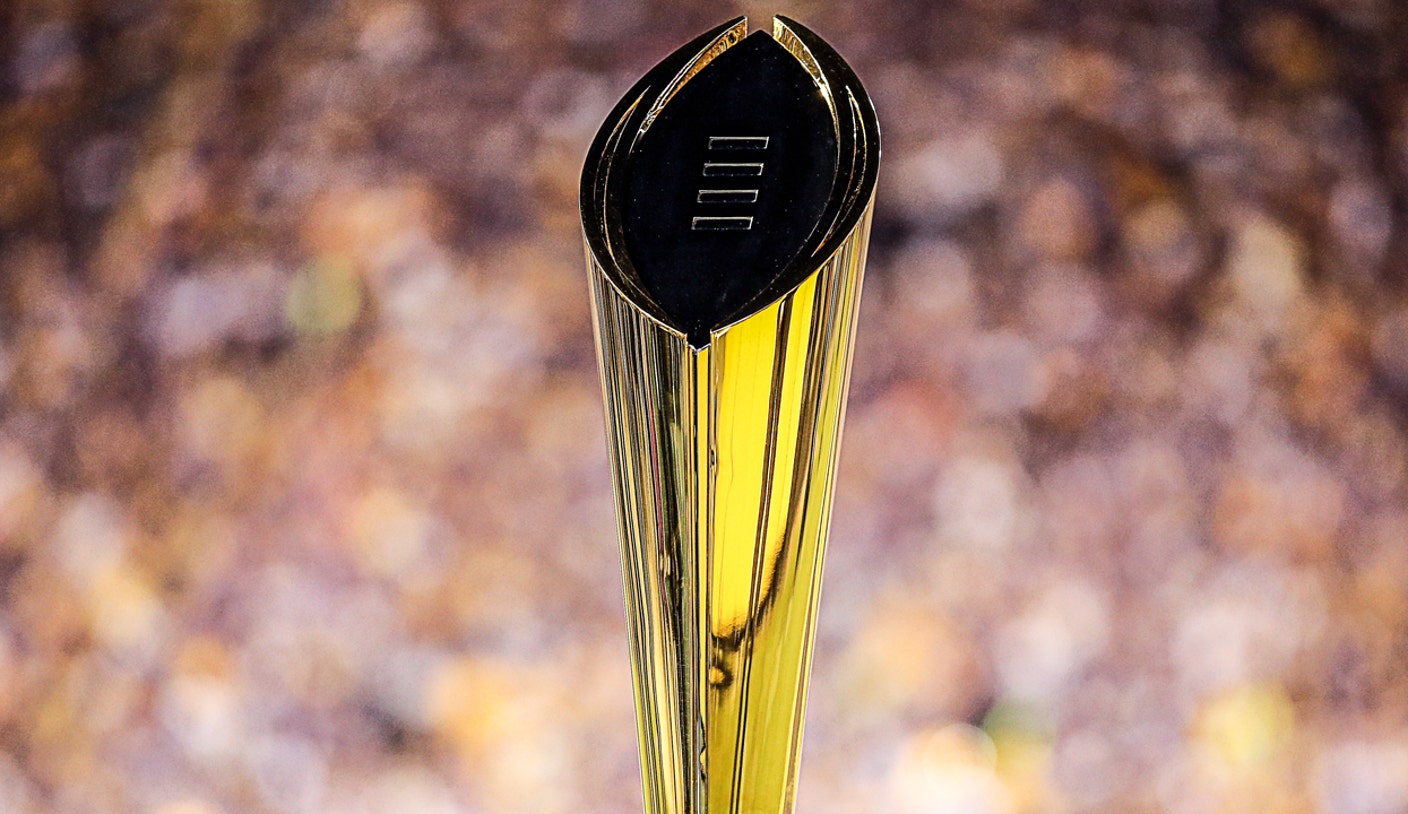
André Ferraz, CEO and Co-Founder of Incognia, joins Gambling Insider for an exclusive Q&A – which is a little different from the norm. Instead of telling us why Incognia is excited about offering geolocation services within the gambling sector (as was the case around a year ago), he instead explains why barriers to entry have prevented Incognia (and other newcomers) from taking market share.
Geocomply is regarded by many in the industry as the market leader within this vertical. A variety of lawsuits, M&A activity and other factors have led Incognia to concentrate only on anti-fraud solutions within gaming, moving on from geolocation.
Thanks for joining us, André. Could you give us a top-level breakdown of the decision to move away from geolocation?
Absolutely. To provide a little bit of context, when Incognia was launched in 2020, with a focus on fraud prevention use cases, essentially what we brought to market was a new approach with device fingerprinting information. This was done by creating ways to identify devices and the combination of that with precise location information. The company started getting a lot of jobs requesting cracking financial services and e-commerce etc and the business was growing quickly. Then a few years later, we encountered an additional use case, which was geolocation. When we saw that we thought: ‘Okay, we have this location technology already and this seems like something we could address very quickly because we already have all the capabilities to do that: Why don’t we build this product?’
We didn’t know much about the industry. To be honest, we were like new entrants. We had very little knowledge, but we saw that it was important for us to get licensed so that the regulators would trust the technology. So we did – we worked with Gaming Labs International (GLI). We went to the GLI station and they tested our product. They said: ‘Okay, this works perfectly and we were not able to flaw this location technology in any way, it looks like you’re good to go.’ The next step was to go after the regulators and get our licences. Initially, it felt like it would be a quick thing; we had the product, let’s just go after the customers!
My advice would be that, if you’re going to do this, then focus 100% on this space. Don’t do anything else. Just raise capital to survive for at least three years so that you have the time to go through all the licensing processes
But…
What ended up happening was we realised that, to get into the space, it was way more complex than we anticipated. Essentially, this was the big reason we also learned that most of the players in the iGaming industry were being hit by fraud and they were trying to solve these problems, as well. We realised that we had a decision to make here, which was that we had the entire industry needing a product that we already have, which is our fraud prevention solution, but they also need another solution that we still don’t have; because we still don’t have the licences, which was geolocation compliance, but we knew we had the technical capabilities to get there.
There were a few challenges here. First of all, the way we structured our team meant we would need to have people working on a problem set that is simpler than fraud. This would eventually become a distraction, because we would split the team’s attention into cases that were quite different, even though they leveraged the same geolocation technology. So that was creating a distraction for everyone, but particularly the technical teams. The second thing was that once we started talking to customers, we saw that many of them were locked into exclusive contracts, especially the biggest players. So, even though we could get the licence and could start selling, we would only be able to sell to the really big players a few years from now. So this is going to be a longer-term investment. And we’re a start-up, right? We need to choose where we go.
Finally, the licensing requirements seemed bigger than we anticipated, too. So we realised it was going to take longer than we first thought, with the licences being just one more thing adding a time buffer, between where we were and eventually getting the first few customers and generating revenue in the space. Then, in the middle of this process, we saw that some competitors were being sued and we thought that maybe this space is a bit too difficult for new entrants.
Roughly a year ago, you spoke to a colleague of mine and we asked about GeoComply and its dominance of the market. Were you aware of the make-up of the iGaming geolocation sector and thought you could take on that challenge anyway? Or was it a bit of a culture shock in what you actually ended up seeing?
Yeah, it was a bit of a culture shock. For example, in the fraud prevention industry, we’ve never seen exclusivity between providers and customers. So that was one thing we were not expecting at all. There were even cases in which some customers we met informally at conferences told us that they had a contract with another vendor that didn’t allow them to even speak to any of their competitors. I’ve seen exclusive deals, but not things that prevent you from talking! So we were a little bit shocked, I have to say.
Do you think anyone can come along and change the makeup of the geolocation sub-sector or not? Or do you think newcomers will just face a similar experience to yourselves in the coming years?
I’d say it depends; for example, if it’s a case like ours, which is a company from a slightly different industry that sees the opportunity and goes after it, then I think, yeah, it’s probably not going to work because they’re going to experience the same things. But, if it’s a new entrant that is 100% focused on the geolocation compliance issue, and they’ll have the resources and the time to go through the entire process burning money for a few years until they get all the licences, and until they wait for the exclusive deals to expire, then they have a chance, right?
It was a bit of a culture shock. For example, in the fraud prevention industry, we’ve never seen exclusivity between providers and customers. So that was one thing we were not expecting at all
They’d need to spend at least two or three years just spending money until they were able to get – not even the first customer – the first pilot with a relevant customer. The other thing we learned was that the market was quite concentrated in the top four or five players, so selling to the smaller players would not really move the needle.
I know you’re keen to talk about the fraud side as well. That part of the industry is a lot more competitive and certainly there are a lot of other fields, as well…
That part, we’re super excited about. We’re seeing that there are primarily two big things in the space. The first one is related to promotion abuse or incentive abuse. All of these apps are giving you discounts and coupons for you to get started, but the thing is many bad actors are exploiting that by creating multiple accounts in a row and gambling for free, or almost for free, for a long time. Sometimes this also happens in a more organised manner. Criminal organisations with access to hundreds or thousands of devices, and people who do this as a job, are creating a huge number of accounts exploiting these incentive programmes.
That’s one big use case where we have been addressing very similar things in other industries. For example, ride-sharing, food delivery, vacation rental platforms, E-commerce. We identify whether this account was created from a device that has created a different account before, or perhaps this account was created from a physical location where we’ve seen multiple accounts created before. If so, we block it. So that’s a case we’re familiar with. We’re helping companies in different industries address the same thing, and we’re seeing that this is a big topic in the iGaming industry.
Then, the second thing is more related to payment fraud, so people topping up their accounts using stolen credit cards or asking for a chargeback later, etc. Again, we’re super excited about this and we’re actually talking to a few large iGaming companies about these US cases. It seems like a much more promising opportunity.
Best of luck with these ventures. A final question from me: If a new company was looking to go into geolocation within iGaming – as you tried to do, what would your advice be?
My advice would be that, if you’re going to do this, then focus 100% on this space. Don’t do anything else. Just raise capital to survive for at least three years so that you have the time to go through all the licensing processes. And be patient because this will take a while. Not only for you to get licensed but also for you to wait for these exclusive deals to expire. So I’d say patience would be my number-one advice.



